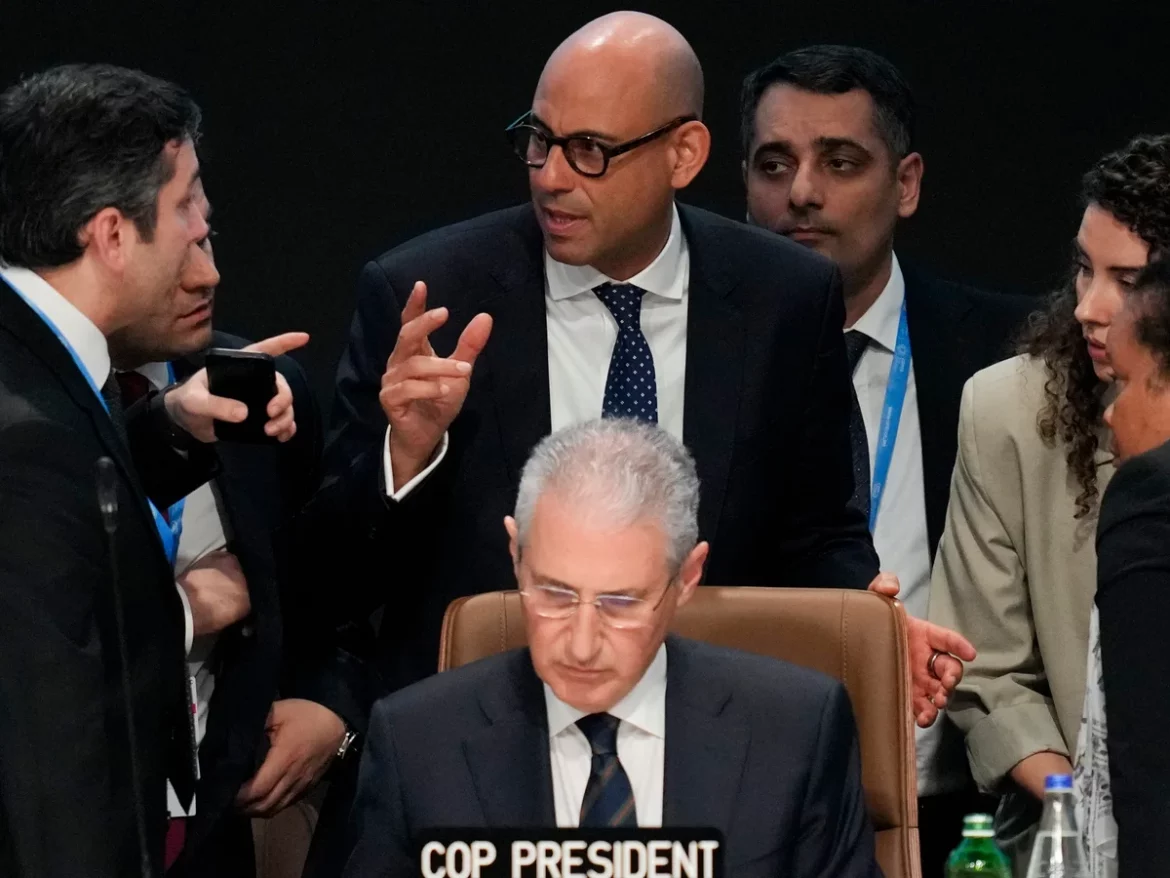Negotiators from certain countries have described the climate finance deal which was agreed at Cop29 is a “travesty of justice” that should not have been adopted.
The climate conference came to a dramatic close early on Sunday morning when negotiators struck an agreement to triple the flow of climate finance to poorer countries. Developing nations had called on rich countries to provide them with $1.3tn (£1.08tn) a year to help them decarbonise their economies and cope with the effects of the climate crisis. But the final deal sets a pledge of just $300bn annually, with $1.3tn only a target.
The number is an increase from a previous $100bn promise, but Chandni Raina, a negotiator for India, said it was “abysmally poor” compared with what was needed. “This, in our opinion, will not address the enormity of the challenge we all face,” she said on the negotiation floor moments after the deal was gavelled through.
Read also: Australia urged to do more on climate crisis
For Raina, who is an adviser to India’s department of economic affairs, it was not only the goal itself that caused anger but also the process by which it was finalised.
Hours before the conclusion of Cop29, when a deal seemed elusive, delegates from the US, Colombia and several African nations were seen poring over documents in a huddle. Drafts were circulated before they were shared with the public, and throughout the conference centre rumours circulated about last-minute backroom deals being made.
Raina said that the UN’s framework convention on climate change, which convenes the annual Cop summits, was meant to make decisions by consensus. India had been planning to make a dissenting statement before the decision was adopted but was not given the opportunity to do so, she said.
Rain said the $300bn pledge was “stage-managed”. “This document is little more than an optical illusion,” she said.
In an interview with the Guardian shortly after her statement, Raina called the goal’s adoption “outrageous”. “This was completely a travesty of justice,” she said.
The Cop29 presidency did not adopt another key negotiating item, known as the UAE dialogue, Raina said. The document – a follow-on from a commitment to “transitioning away from fossil fuels” made last year at Cop28 – was rejected when countries said it was too weak.
Story was adapted from the Guardian.
